
Contact: Dr Feyi Ogunade
Tel: +220 721 7689
Contact: Dr Feyi Ogunade
Chief Executive Officer
Tel: ++220 721 7689
MULTIMEDIA
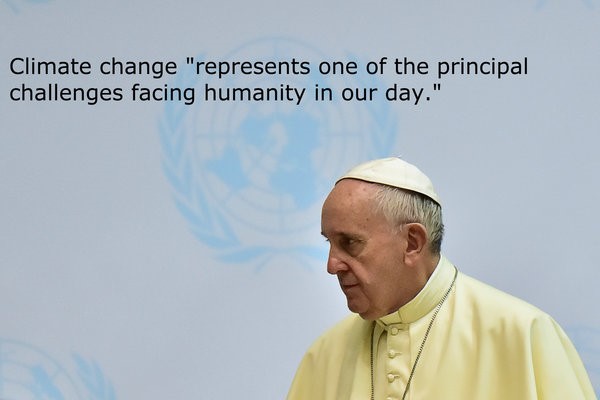
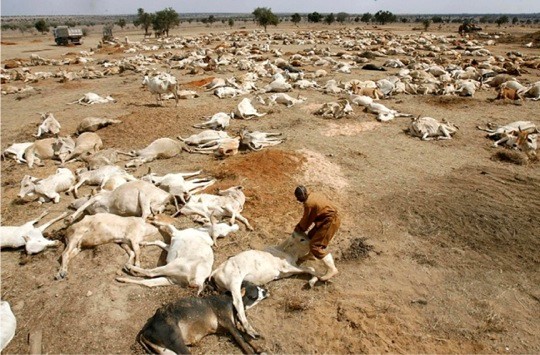
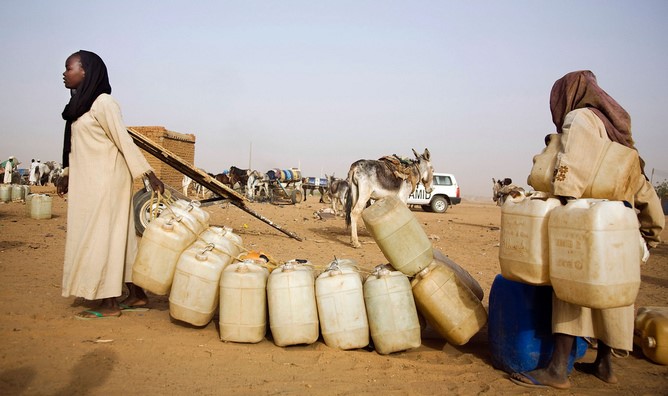
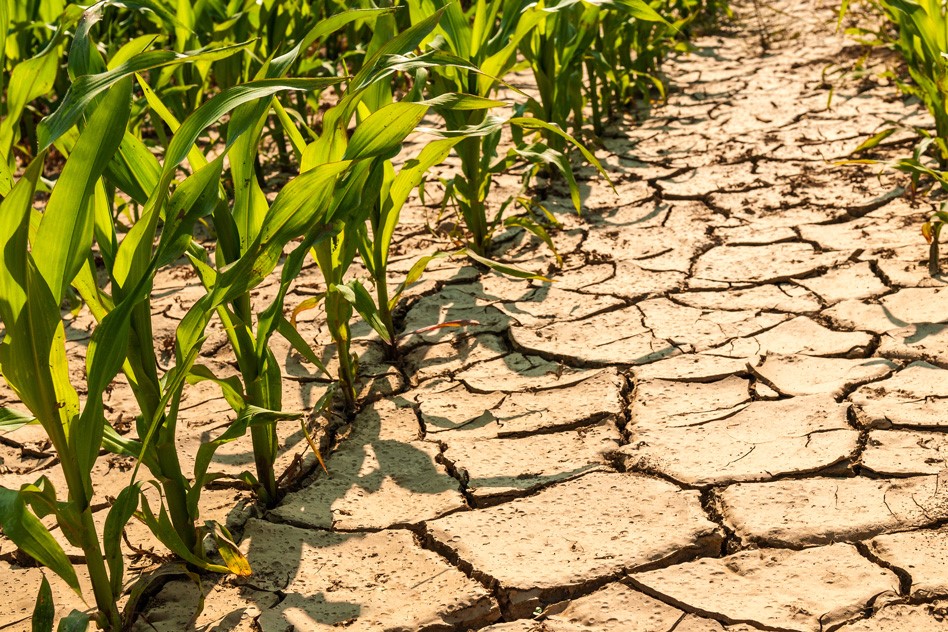
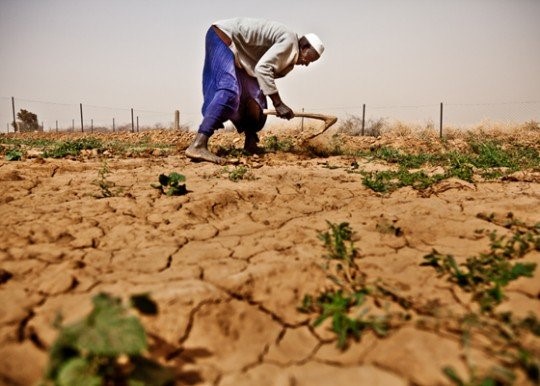
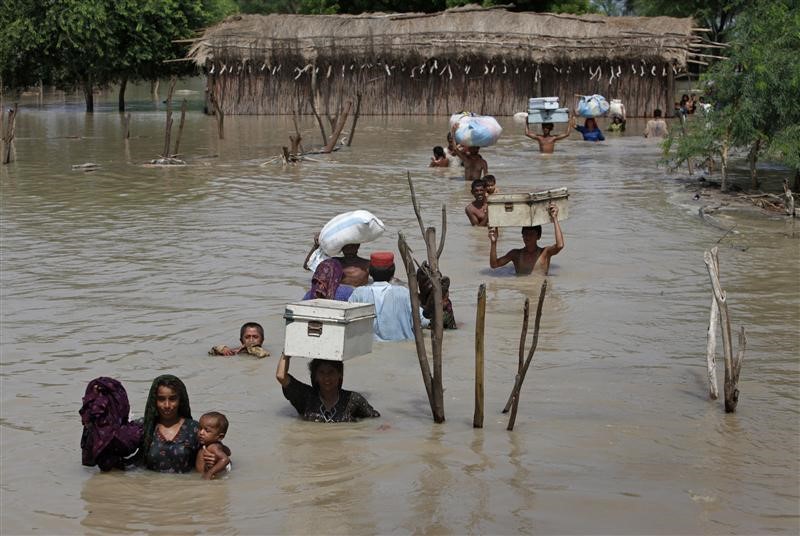
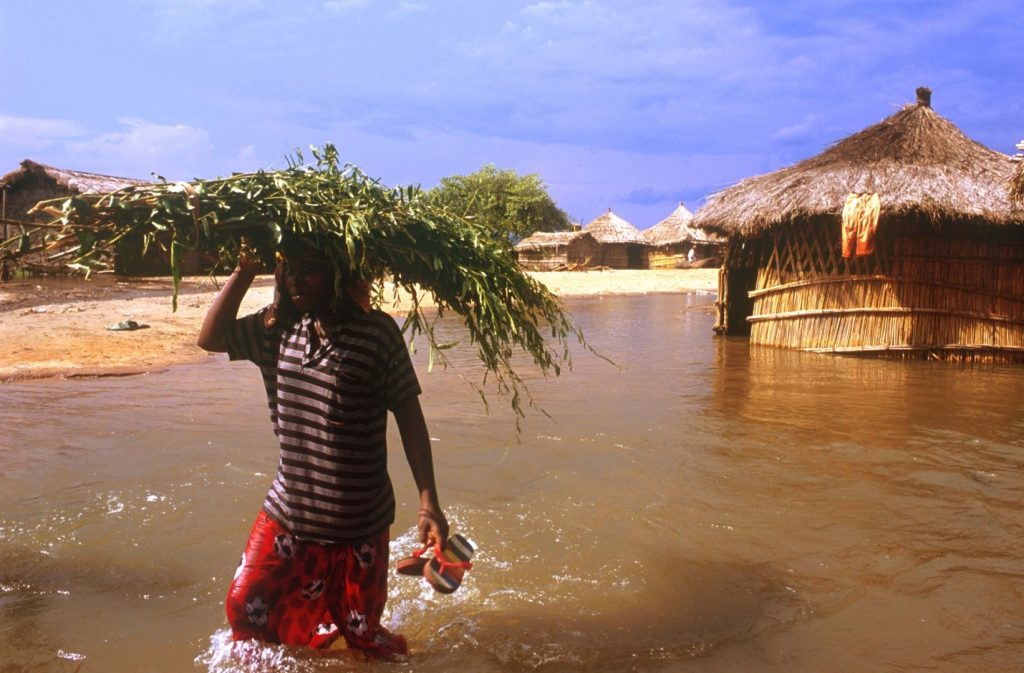
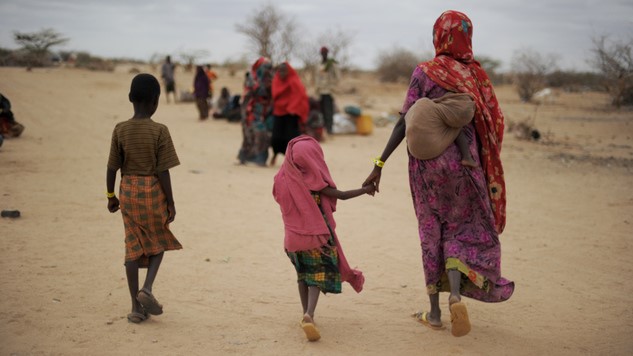
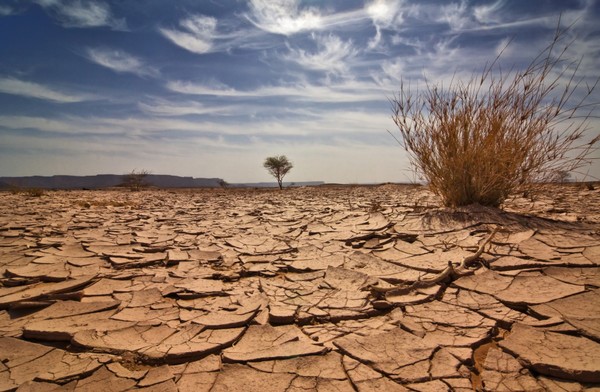
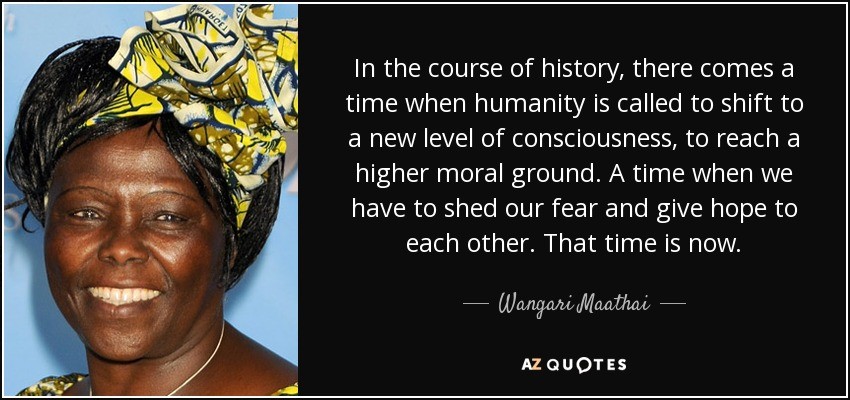
Humankind is facing the biggest environmental challenge our generation has ever seen. No matter what you’re passionate about, something you care about will be affected by climate change and the way we manage our eco-system. Over the past 150 years, we’ve changed the balance of our planet by living beyond our means! In fact, we’re living as if we had 1.5 planets! We’ve burnt huge amounts of fossil fuels (such as coal, oil, gas), bred vast amounts of methane – producing livestock and cut down vast amounts of forests, which would naturally absorb carbon dioxide from the air. Climate change is affecting our brilliant planet in lots of ways. Thomson Reuters Foundation states that at least 10 million poor people face hunger in 2016 because of droughts and erratic rains linked to record global temperatures and an expected “super” version of the evolving El Nino weather pattern. The article claim that Ethiopia alone, 4.5 million people need food aid because a combination of El Nino and long-term climate change has made the rainy season more unpredictable. It states that rice and maize crops are both at risk, with serious implications for millions of poor people from Southern Africa to Central America, whilst scorching drought has ravaged crops in southern Africa already, with South Africa’s key maize crop falling by a third and poor yields set to continue into the southern hemisphere summer, according to the country’s weather service. In neighboring Zimbabwe, where the maize harvest is 35 percent below average, the government blamed the drought-stricken farm sector for a halving of its economic growth forecast in July.
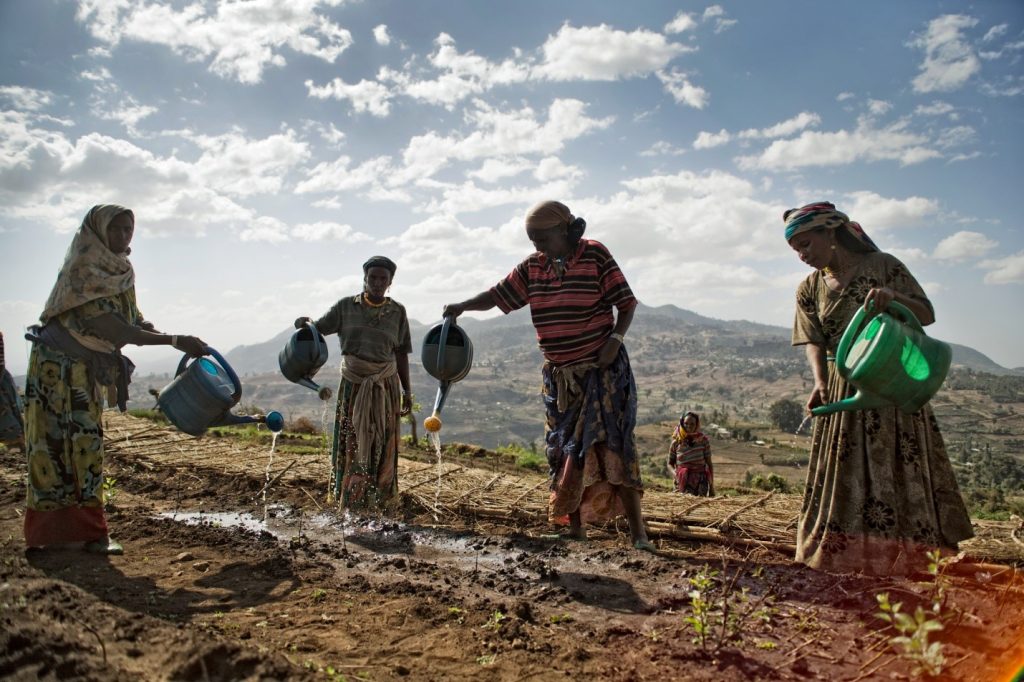
As if that is not enough developing countries will have to pay $270 bn extra each year to adapt to the impacts of climate change if global pledges to cut greenhouse gas emissions do not increase, according to a new report by Oxfam. According to the aid agency’s report, it would cost developing countries $790 bn every year to adapt to this scenario, 50% more than the $520 bn it would cost them to adapt to a 2C world, the target for avoiding catastrophic climate change agreed at previous UN conferences. If these adaptation costs are not met, in a 3C world the economies of developing countries are likely to shrink by $1.7 tn every year, equivalent to 1.3% of their GDP, the report says. Tim Gore, Oxfam’s head of food and climate policy, told the Guardian that developing countries are “stuck between a rock and a hard place” unless pledges become more ambitious.
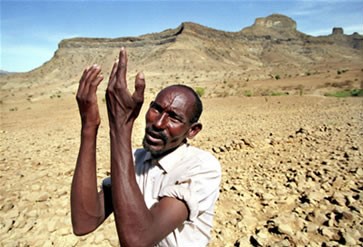
At Copenhagen climate summit six years ago, developing countries were promised $100bn a year to help mitigate climate change and adapt to its consequences. Around two-thirds of this money has already been paid. But last year just 16% of the climate aid money was used to help the world’s poorest countries adapt to impacts such as flooding, drought and other severe weather events. Instead most climate finance already processed has been spent on preventative measures – such as investments in renewable energy – to help rein in climate change. Oxfam estimates that if the total sum given for adaptation to date was divided among all small-holder farmers in developing countries, each individual would receive $3, equivalent to the price of a cup of coffee.
Despite doing the least to cause it, poor people are experiencing the full force of climate change. Our mission is to.
a. Demand action from governments and big businesses to cut emissions, to help farmers deal with changing weather and make sure there’s enough good food for us all. Join us and people around the world to win the fight against hunger. Together, we can do it.
b. Break the chain between dirty energy, climate change, devastating weather patterns and human rights violations and add a new link which leads us to a sustainable future which improves security, betters lives and rebuilds a healthier planet.
c. Demand from the AU and its Member States that solar, wind and other sustainable energies is that link. The fact is, if you believe in human rights you’ve already signed up for a 100% renewable energy future.
Demand a fairer and sustainable global food system so that everyone has enough to eat, always.
Small farms around the world put food on the plates of one in three people on earth. Yet wild weather and unpredictable seasons are changing what farmers can grow and making people hungry! Our vision is to get all governments and big business in Africa to campaign for a stop in climate change that is making people hungry – and why we need you to join us to take action.
A stubborn Commitment to the Cause: We are dedicated to the cause of Africa and absolutely determined to ensure a future for all of us. The earth belongs to all of us. We are aware that we cannot do it alone. We invite you to add your voice to the clarion call for action.
We care About Human Rights: Climate change and human rights – we care about them both, but we often think of them separately. We usually associate violations of human rights with brutal regimes, but climate change is just as brutal and unjustified. Nothing can be more inhumane than the man-created famine and. As temperatures rise, extreme weather events are becoming more frequent and more severe. Farmers are struggling to cope. It is the worst form of violation, as nearly a billion of the world’s poorest people – people who did the least to cause climate change – are the ones suffering the worst from it as more and more of them are finding it even harder to feed their families. Never before has humanity been forced to grapple with such an immense environmental crisis. If we do not take urgent and immediate action to stop global warming, the damage to Man could become irreversible.
We value the earth: above all else we value the earth: This fragile Earth deserves a voice. It needs solutions. It needs change. It needs action!
Service: All of us can be great, because all of us can serve. All you need is a heart full of grace and a soul surrounded by love.[1]
Innovation: There must be another way of achieving the objectives of the AU. We refuse to accept the status quo of poverty, inequality, economic stagnation, conflicts, bad governance and human rights violations in Africa. The African condition is not fatal. If there is an ‘x’ way of doing something, there must be a ‘y’ way of doing the same thing. We believe that best practices are never static; and as such, are open to innovative and cost-effective approaches that can improve the quality of our programs.
Efficiency and Effectiveness: Resources available to us are used optimally to ensure that programs are well delivered. We take a networking approach that takes advantage of available resources through other players.
[1] The full quote from Martin Luther King is “All of us can be great, because all of us can serve. You don’t need a university degree to serve; you don’t even need to know the second law of thermo-dynamics in physics to serve.All you need is a heart full of grace and a soul surrounded by lo
What we do know is that climate change is already harming people and ecosystems in Africa. Wild weather and unpredictable seasons are changing what farmers can grow and is making millions of people hungry in Africa. Food prices are going up. Food quality is going down. Soon, climate change will affect what all of us can eat! Hunger is not and need never be inevitable. However climate change threatens to put back the fight to eradicate it by decades – and our global food system is woefully unprepared to cope with the challenge.
1. Closely monitor the climate change policies and agenda of the AU and its Member States, analyzing and commenting on them and where appropriate providing an alternative viewpoint.
2. By conducting research on the effects of climate change on farmers and especially the poor in Africa, we hope give voice to the voiceless of this continent by telling their stories and bringing their concerns to the AU.
3. We are an advocacy and campaigning NGO. We are committed to taking the AU to the people it is supposed to be serving in a more practical way. Our research shows that millions of people have no idea why the weather patterns are behaving the way they are. We raise awareness of the issues, explaining clearly why the AU and its Member States should not only lead the campaigns for a 2° or less, we explain through our media and outreach programs why all of us in Africa need to understand what climate change is, why the weather patterns are undergoing such changes and how it is affecting us. We will pass on our own share of knowledge and information.
4. Eco-systems, natural resources are essential for prosperity and poor people are often not getting their fair share. This situation is worsened by the impacts of climate change that the international community is failing to address properly. We lobby the AU and its member states, international organizations and corporations for fairer land policies and action on climate change. We help farmers adapt to climate change and to secure and protect their access to land. We invest in small-scale food producers, particularly women and work to make small farms more productive by supporting local producers with sustainable techniques.
5. Our campaigns show that responsibility rests not only on multinational dirty energy conglomerates, but on our governments and lawmakers who can hold to account the faceless and distant corporations that seek to operate with impunity. Our campaigns and advocacy strategies focus on achieving five things:
a. Through our media, outreach and education programs and activities, the program embarks on a sensitization blitzkrieg on the effects of climate change particularly on the poor. We are of the view that though the deal is touted as a land-mark achievement, which in many ways it is, it has not done enough to ensure that a 3°C world will be avoided or secure sufficient climate funding for vulnerable communities to adapt to increasingly unpredictable and extreme weather.
b. Getting the AU, big businesses and African governments to lead the campaigns on climate change. We campaign to get the AU and its member states to commit funds from national budgets for investment to help African farmers and fishermen adapt and to climate change, prioritizing the needs of women food producers. We campaign that they must also demand that the commitments made in COP 21 Paris climate deal deliver major new public funds for adaptation and resilience in Africa.
c. The AU must take lead on the COP 21 promises, pressing that the commitments made in Paris COP 21 should be translated into concrete policies, like funding energy projects that do not rely on fossil fuels. We campaign and press the AU that it must lead the surge for member states to develop and alleviate poverty through a low-carbon, sustainable alternatives.
d. To lead a campaign to get the AU, big businesses and African governments to buy into the COP 21 outcomes so that farmers and Africa’s poor are better able to mitigate the effects of climate change. We campaign that the AU must lead to get polluting countries to pay for the effects of climate change to mitigate the effects on farmers, especially women.
e. We will challenge the AU and States Parties to live up to the promises they have also made on climate change. When they fail, we step in to demand reform, accountability and changes. Where they succeed, we reinforce such success by taking concrete steps to maintain it.
1. Organizing country-wide and (sub)regional campaigns on climate change and our eco-systems. AU Watch will use the main stream media, social media and information technology to get its message across.
2. Africa is rich, but its people are poor for a hosts of reasons including corruption, human rights violations, and a system that does not take into consideration the voices of women, disadvantaged communities and the poor. We work with farmers and fishermen to defend their right to life-sustaining resources and we campaign so that they will be consulted, to get their fair share of the continent wealth. We campaign for the use of environmentally-friendly agriculture and forest management.
3. Working the AU and the various ministries of education to include ‘Climate Change, Ecosystems and Natural Resource Management’ as part of the curriculum of primary and secondary schools Natural Resource Management’ as part of the curriculum of primary and secondary schools. AU Watch will assist the AU and the various ministries of education to raise funds to support such a program.
4. Working the AU and the various ministries of education to produce information, educational and teaching materials on ‘Climate Change, Ecosystems and Natural Resource Management’ as part of the curriculum of primary and secondary schools Natural Resource Management.’
5. Organizing and participating in meetings, press conferences, workshops ‘Climate Change, Ecosystems and Natural Resource Management.’Working with other human rights groups to establish the link between human rights and man-made violations of our planet. Enshrined in our understanding of human rights are notions of the right to clean water, to be healthy, to have food on our plates, to have a home and the basic right to life itself. Due to extreme weather many people are suffering as farmland and food stocks and homes are destroyed. None of this has been because of a tyrannical regime or weak humanitarian regulations. This has been partly because by the burning of fossil fuels; oil, coal and gas mined and burned by corporations geographically and morally distant from communities who suffer the most from their negligence. The violation of human rights in many places can be traced to individuals who are desperate to turn a profit from pushing dirty fuels. Tackling climate change and upholding human rights are not different forms of ethical and moral currency, they are two sides of the same coin.
The Directorates are the secretariat and administrative arm of AU Watch. Working with its Supervisory / Advisory Sub-committee, each Directorate ensures that policies are translated into practice. In other words, in conjunction with the various Chapters / Sections, governments, partners (local and international) and our thousands of volunteers, field operatives and other experts, the Directorates knuckle down and do the day-to-day work of AU Watch. The Directorates translate policies into actions.
Climate change is a human rights issue. Already today many people around the world have their rights to life, water, food, health, housing and other rights impacted by climate impacts. The 21st Session of the Conference of the Parties (COP 21) to the United Nations Framework Convention on Climate Change (UNFCCC), held in Paris from November 30 to December 11, articulated guiding principles and set the level of global ambition around climate change. The real work, however, is translating general ideas into strategies, policies and laws that actually change behavior. This in our view will have to be done at international, transnational, national and sub national levels, with appropriate coordination across jurisdictions as necessary. It is in our hands to stop making this situation worse. After Paris, governments agreed to speed up this change to phase-out of fossil fuels by 2050 through a just transition towards 100% renewable energy, as well as the protection and restoration of forests and other ecosystems.
If we fail to achieve the target set in Paris 2015, it will result in the destruction of ecosystems and deny millions of people their human rights. The human rights consequences of failure are stark. Up to an additional 600 million people could face hunger by 2080 due to climate change. If the global temperature rises no more than 2°C, one in seven people in the world will face a severe reduction in water resources. The adverse effects are likely to be disproportionately experienced by those living in in poverty in Africa, particularly women and girls, indigenous peoples and others disadvantaged due to discrimination.
-A regional strategy to address climate change needs to fully integrate human rights considerations into every stage of design, implementation and accountability. Goal 16 of the Sustainable Development Goals envisions an inclusive and accountable approach to sustainable development. This would that the AU should fully engage with impoverished and most affected peoples to understand better the effects of climate change they observe, and to ensure that proposed climate change actions address their concerns and do not have adverse impacts either on the environment or on their human development.
-The AU and states to review and further deepen their emission reduction commitments every five years. States must put in place mechanisms to provide remedy to those whose rights have been denied as a result of climate change.
-Funding and recourse mechanisms have to be established to support urgent mitigation and adaptation measures, and to compensate for loss and damage caused by the extreme effects of anthropogenic climate change. We will campaign for international and regional development banks to play a crucial part in organizing funding for essential infrastructure projects.
-We work in partnership with local broadcasters, governments, nongovernmental organizations (NGOs) and donors to give people reliable, timely and useful information. We do this through television and radio debate shows, dramas, public service announcements, mobile phone services and face-to-face communication. We also provide mentoring and training for journalists and development professionals on the issue of climate change.
-Our programming ranges from factual radio and television school shows to school drama, light entertainment and street theatre and discussion groups. We also provide opportunities for discussion and use media to help hold the AU and policy-makers to account.
-Our campaigns will take us into the schools. Working with the AU and the various ministries of education we will get climate change and eco-systems into school’s curriculum.
-Organizing and participating in meetings, press conferences, workshops ‘Climate Change, Ecosystems and Natural Resource Management.’
-Getting the AU to assure its publics to get emission reduction commitments from its members to be legally binding, and including common accounting rules for mitigation and for provision of sufficient finance to poor and vulnerable countries to ensure that renewable energy is the most affordable option.
-Monitoring the AU and its member states to abide by their human rights obligations in all aspects related to climate change. They must end all forms of discrimination and guarantee gender equality; guarantee the right to information; ensure the right to participation of affected people; and ensure the right to freedom of expression, association and peaceful assembly.
-Lobbying that climate impacts be part of the AU’s finance minister’s agenda domestically and internationally. They must put their economy and budget to a stringent climate resilience test and stop wasting billions of dollars in fossil fuel subsidies.
-Lobbying for a full ‘Climate Change’ Department within the AU that will properly lead and champion the effects of climate change in the continent.